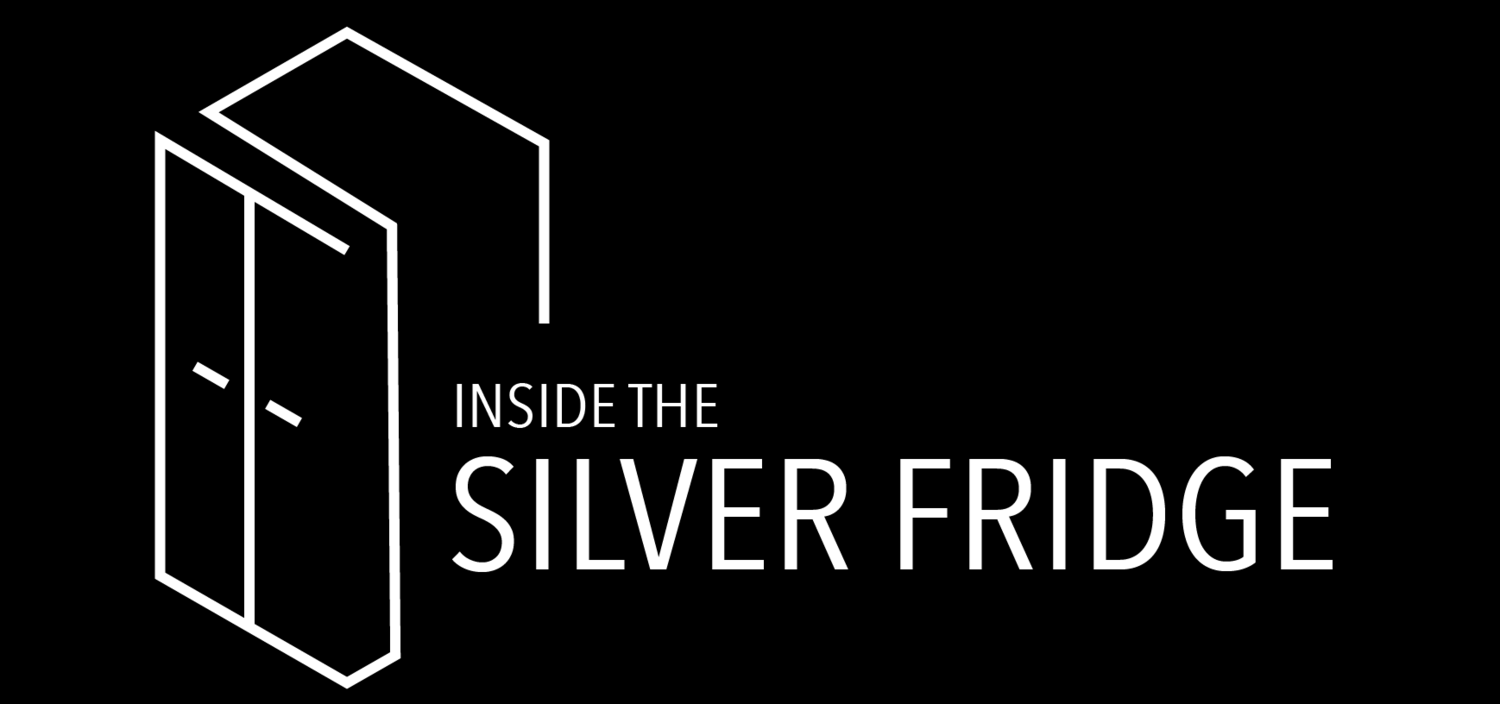Recognizing Fixed Mindset on the Wards
/There are these two young fish swimming along, and they happen to meet an older fish swimming the other way, who nods at them and says, "Morning, boys, how's the water?" And the two young fish swim on for a bit, and then eventually one of them looks over at the other and goes, "What the hell is water?"
-David Foster Wallace
Last month I had two 4th year medical students on my inpatient ward service.
Due to the vagaries of the schedule I would be rounding with them for 2 weeks, but would not be their evaluating attending (that task would be left to the attending after me).
Given this, I told them that I represented no risk to their grade, and spent some time discussing Carole Dweck’s work on Growth Mindset.
We discussed how clinical clerkships often caused the conditions of the Fixed Mindset — the goal of the clerkship is the grade (get Honors!) and students feel pressured to show what they know, and hide their weaknesses.
I promised the students during their two weeks with me that we would reverse this — I’d be more interested in what they did not know than what they did, and we could work together to move from Fixed to Growth mindset.
Later in the rotation we had a septic patient who needed a few hours of levophed in the ICU. I asked the students if they knew how levophed works and what the potential side effects were. One of the students gave an amazing answer. It was clear he knew a lot about the physiology of sepsis. The other student was silent.
I gave the first student praise for the answer.
And then, I asked — what was the value of this moment? What did this student learn? He already knew the answer.
In the Fixed mindset, the praise I gave was the goal, and he achieved it. What was the other student thinking? Mad that she got scooped and didn’t get the chance to shine like the other student? Glad she wasn’t called on because she didn’t know the answer? A little of both?
If the students worked within a Growth Mindset they could have (would have?) ask the next question instead of stopping with the right answer. On reflection, they told me that in ‘real life’ they would never do this. When grades are the goal, why would you keep going after you got something right?
We also reflected how easily we fell into our roles. Attending asks a question, student answers well, attending gives praise, other learners feel angry or relieved. And we move on to the next patient. Nothing of true value was gained.
Water? What the hell is water?
